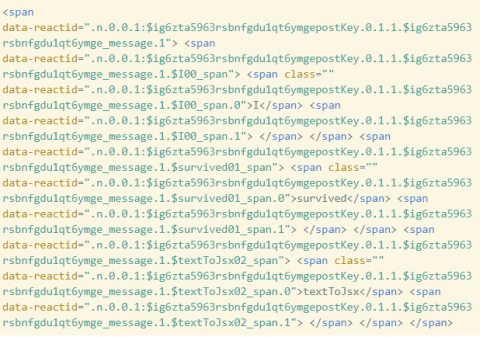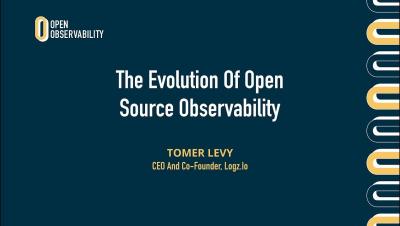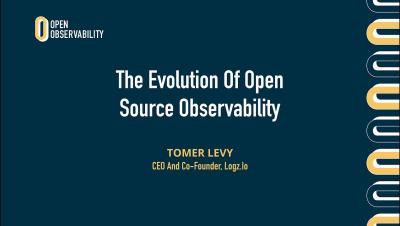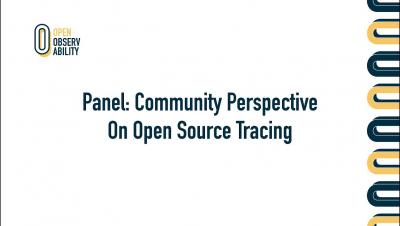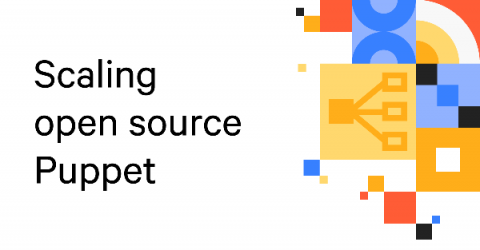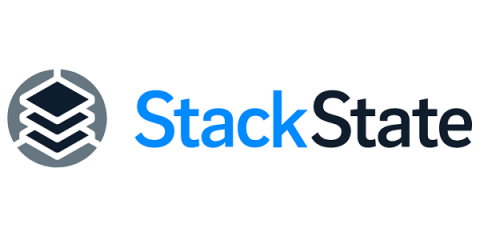The Evolution of Open Source Observability
On May 27, the first OpenObservability Conference was held to bring together leaders, practitioners, and users of leading open source observability tools for sessions on the experiences, strategies, and future of the industry. For the Logz.io team, as long-time proponents of open source, it was rewarding to see everyone come together to explore the challenges and opportunities of open source observability.



